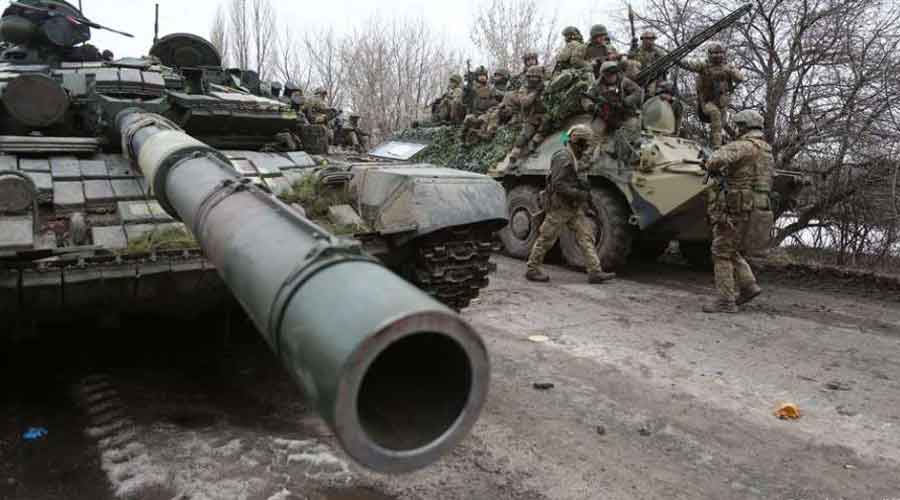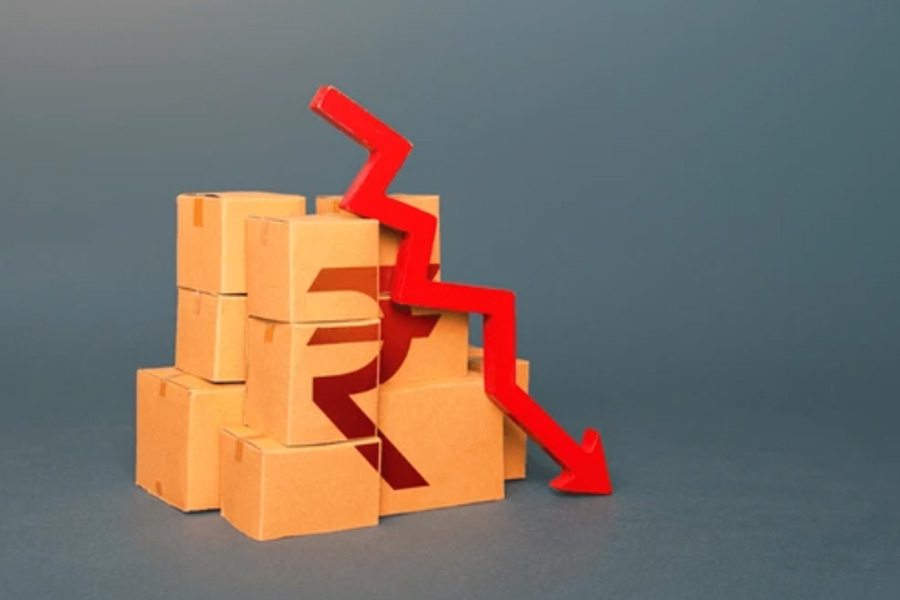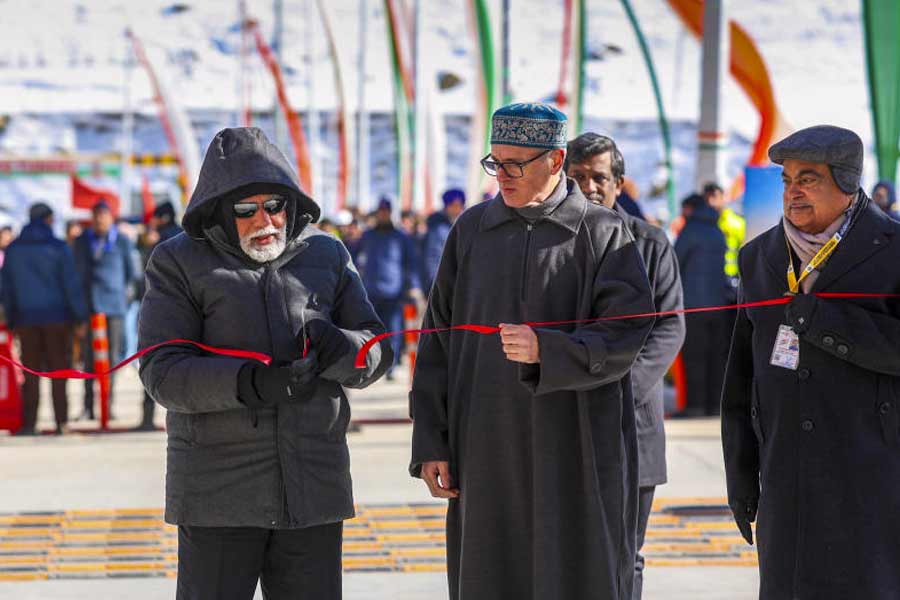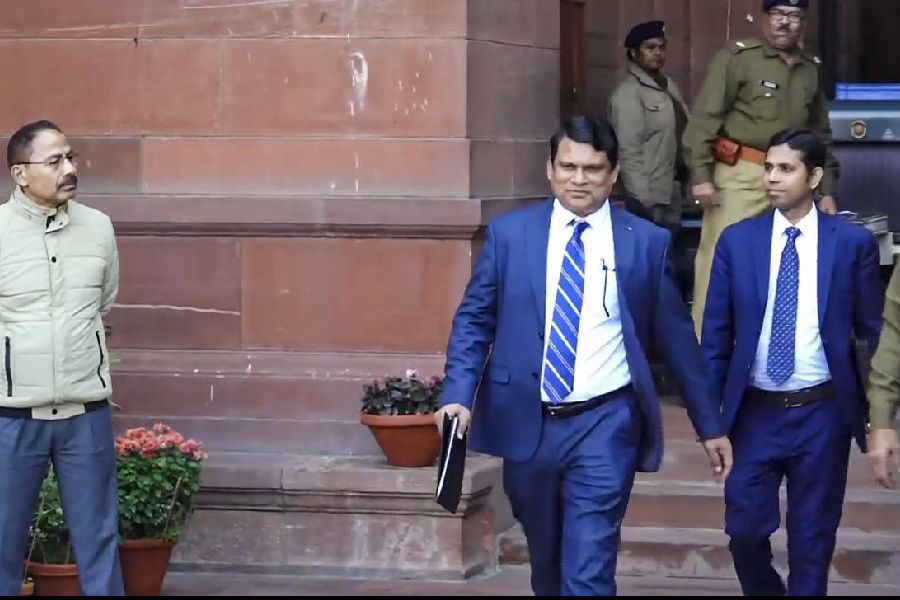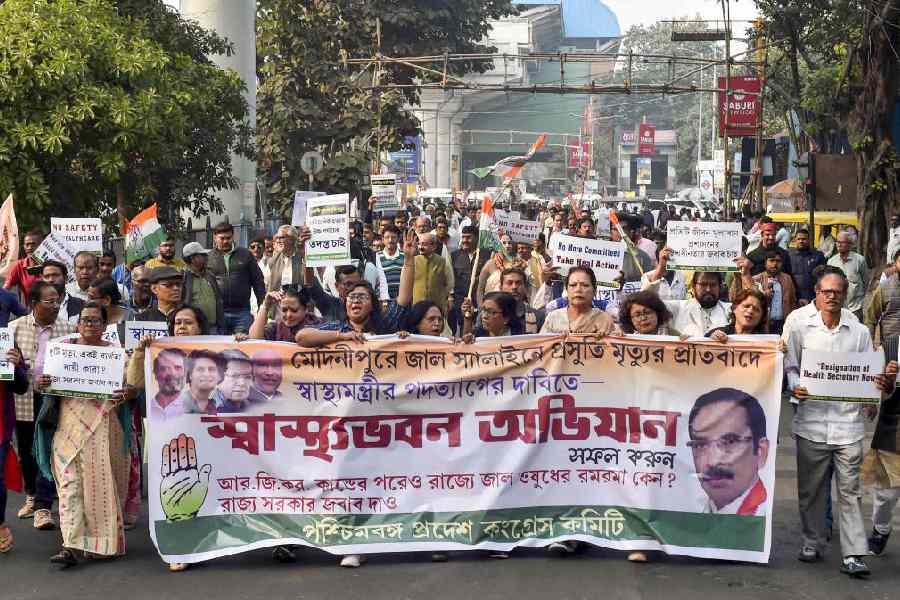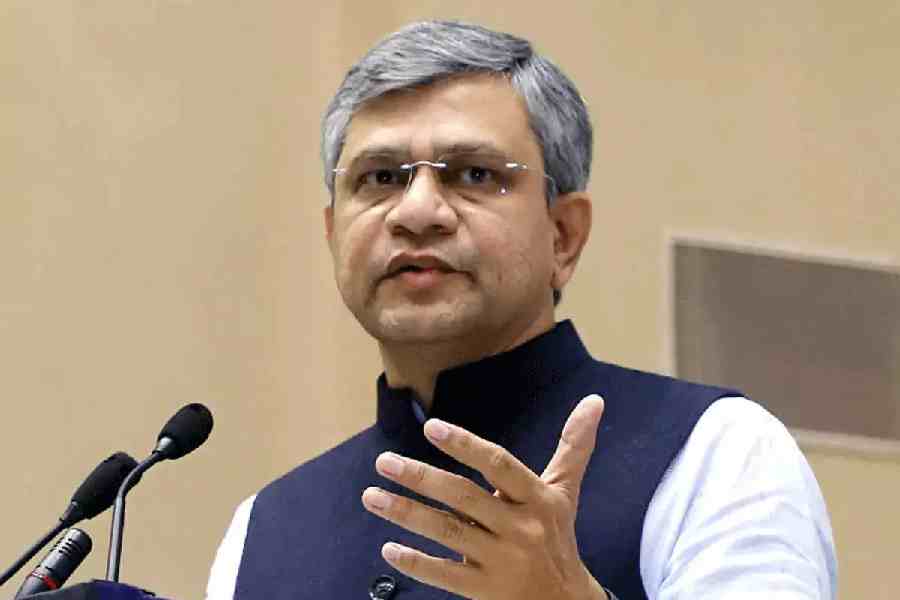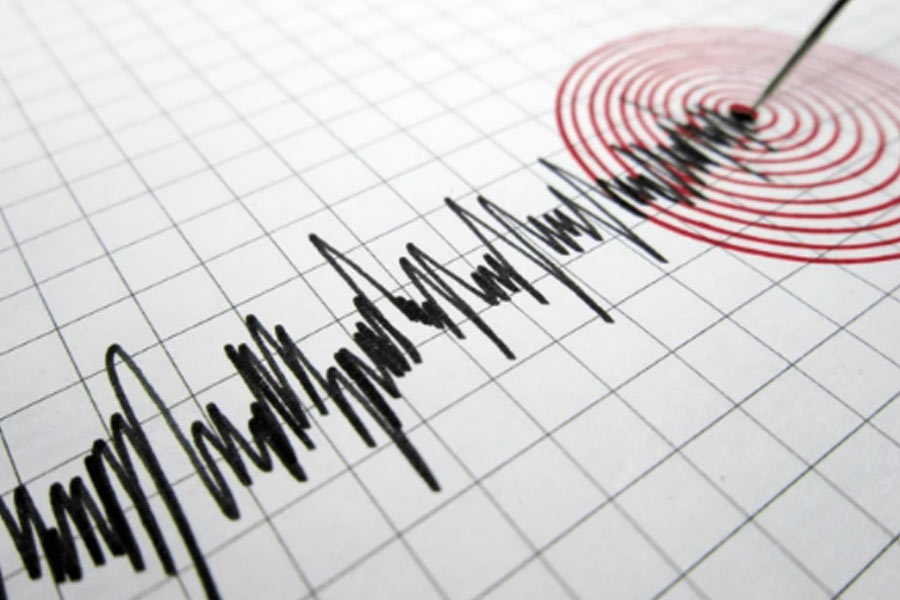Four days after Russia began dropping artillery shells on Kyiv, Misha Katsurin, a Ukrainian restaurateur, was wondering why his father, a church custodian living in the Russian city of Nizhny Novgorod, hadn’t called to check on him.
“There is a war, I’m his son, and he just doesn’t call,” Katsurin, who is 33, said in an interview. So, Katsurin picked up the phone and let his father know that Ukraine was under attack by Russia.
“I’m trying to evacuate my children and my wife — everything is extremely scary,” Katsurin told him.
He did not get the response he expected. His father, Andrei, didn’t believe him. “No, no, no, no stop,” Katsurin said of his father’s initial response.
“He started to tell me how the things in my country are going,” said Katsurin, who converted his restaurants into volunteer centres and is temporarily staying near the western Ukrainian city of Ternopil. “He started to yell at me and told me, ‘Look, everything is going like this. They are Nazis.’”
As Ukrainians deal with the devastation of the Russian attacks in their homeland, many are also encountering a confounding and almost surreal backlash from family members in Russia, who refuse to believe that Russian soldiers could bomb innocent people, or even that a war is taking place at all.
These relatives have essentially bought into the official Kremlin position: that President Vladimir V. Putin’s army is conducting a limited “special military operation” with the honourable mission of “de-Nazifying” Ukraine.
Putin has referred to the Ukrainian President, Volodymyr Zelensky, a native Russian speaker with a Jewish background, as a “drug-addled Nazi” in his attempts to justify the invasion.
Those narratives are emerging amid a wave of disinformation emanating from the Russian state as the Kremlin moves to clamp down on independent news reporting while shaping the messages most Russians are receiving.
An estimated 11 million people in Russia have Ukrainian relatives. Many Ukrainian citizens are ethnic Russians, and those living in the southern and eastern parts of the country largely speak Russian as their native language.
Russian television channels do not show the bombardment of Kyiv, Ukraine’s capital, and its suburbs, or the devastating attacks on Kharkiv, Mariupol, Chernihiv and other Ukrainian cities. They also do not show the peaceful resistance evident in places like Kherson, a major city in the south that Russian troops captured several days ago, and certainly not the protests against the war that have cropped up across Russia.
Instead they focus on the Russian military’s successes, without discussing the casualties among Russian soldiers. Many state television correspondents are embedded in eastern Ukraine, and not in the cities being pummelled by missiles and mortars. Recent news reports made no mention of the 40-mile-long Russian convoy on a roadway north of Kyiv.
On Friday, Russia also banned Facebook and Twitter. All this, Katsurin said, explains why his father told him: “There are Russian soldiers there helping people. They give them warm clothes and food.”
Katsurin is not alone in his frustration. When Valentyna V. Kremyr wrote to her brother and sister in Russia to tell them that her son had spent days in a bomb shelter in the Kyiv suburb of Bucha because of the intensive fighting there, she was also met with disbelief.
Kremyr said her sister Lyubov, who lives in Perm, wished her a happy birthday on February 25, the second day of the invasion.
When Kremyr wrote back about the situation on the ground, her sister’s answer via direct message was simple: “No one is bombing Kyiv, and you should actually be afraid of the Nazis, whom your father fought against. Your children will be alive and healthy. We love the Ukrainian people, but you need to think hard about who you elected as President.”
(New York Times News Service)

